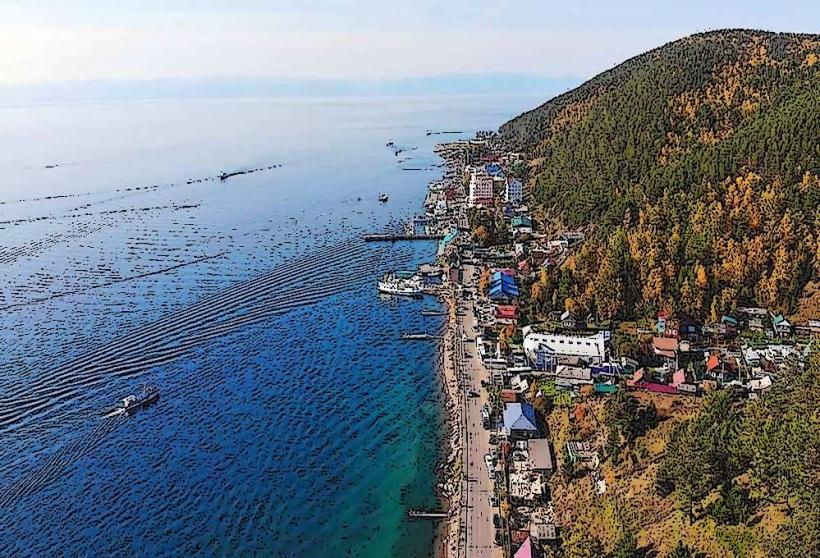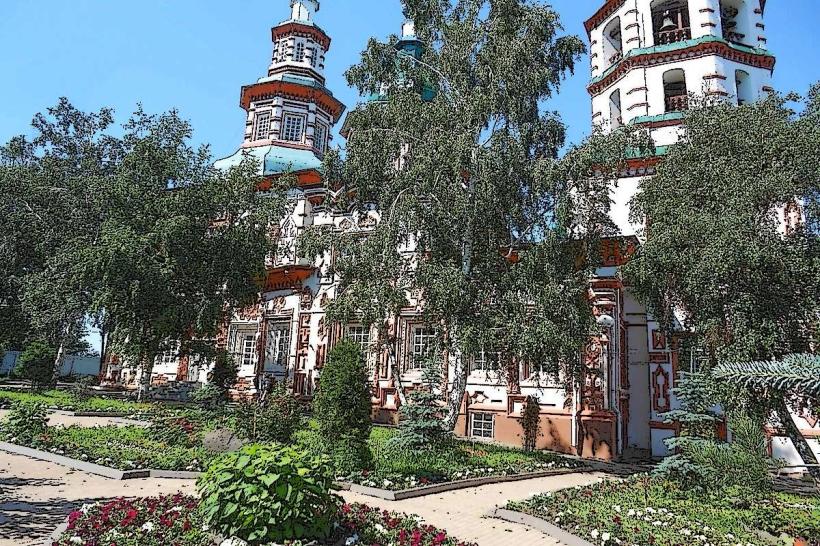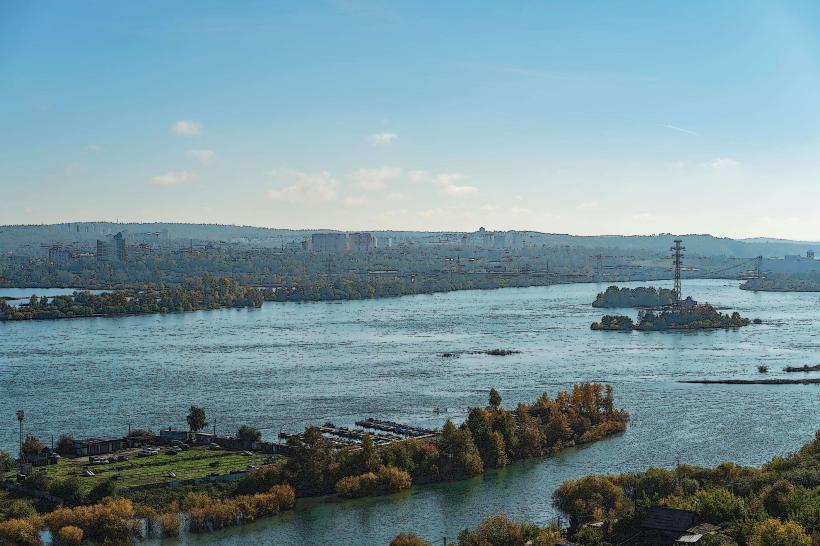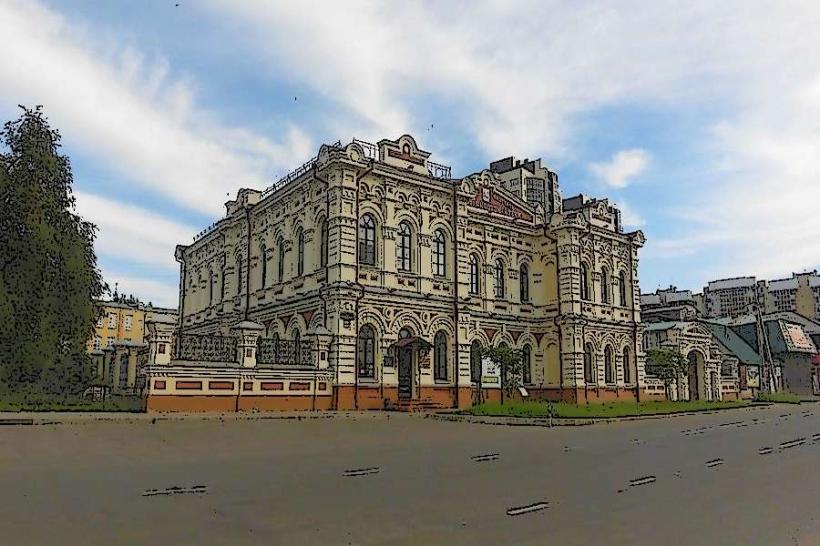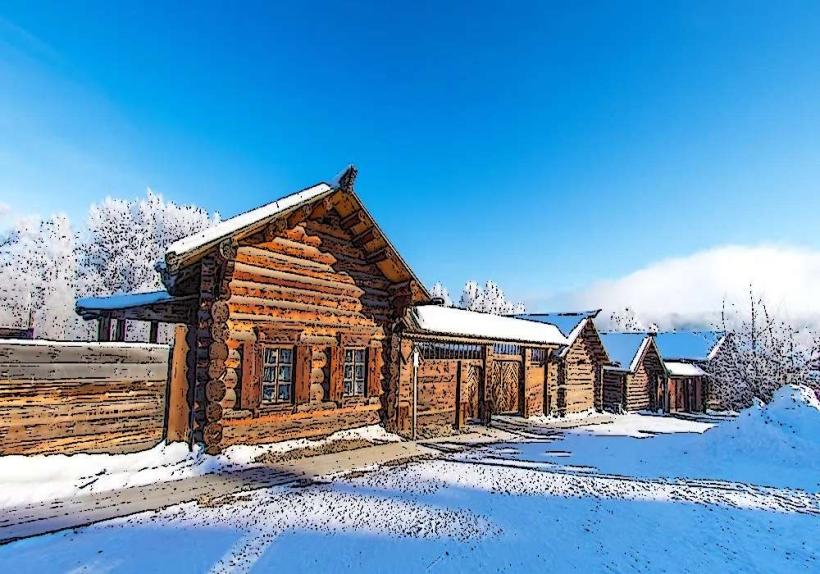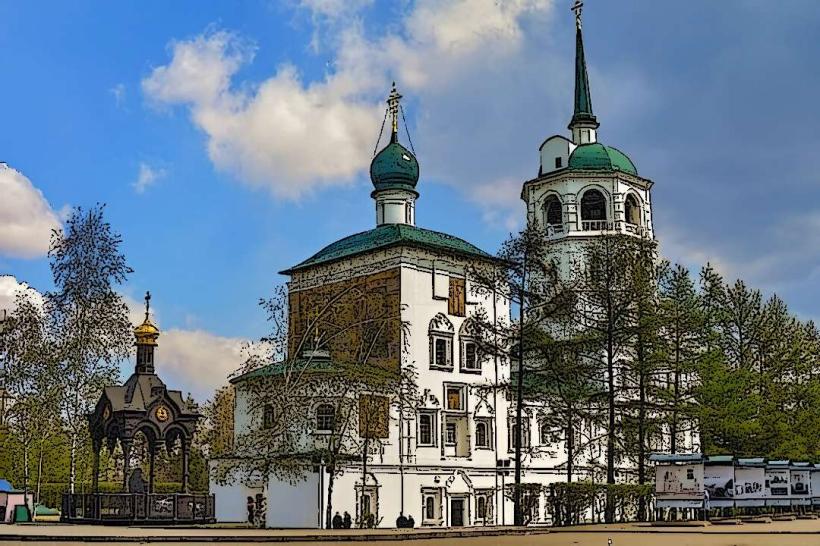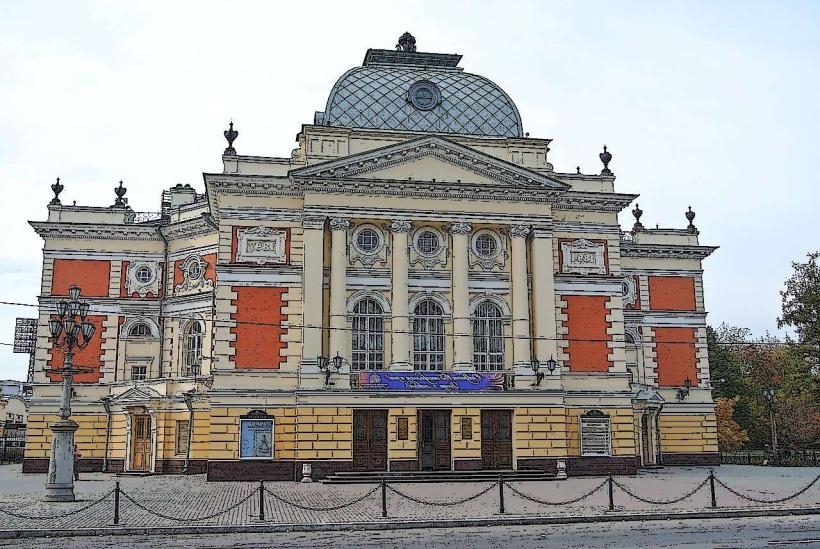Information
Landmark: Irkutsk Regional MuseumCity: Irkutsk
Country: Russia
Continent: Europe
Irkutsk Regional Museum, Irkutsk, Russia, Europe
The Irkutsk Regional Museum is a historical and cultural institution located in Irkutsk, Russia. It houses extensive collections related to the history, ethnography, and natural sciences of the Baikal region.
Visual Characteristics
The museum building is a two-story structure constructed in the late 19th century. It features a neoclassical architectural style with a prominent central portico and symmetrical facades. The exterior is primarily faced with red brick, accented by white stone detailing around windows and cornices. The roof is pitched and covered with metal sheeting.
Location & Access Logistics
The Irkutsk Regional Museum is situated at 11 Karl Marx Street, in the central district of Irkutsk. It is approximately 1.5 kilometers from the Irkutsk-Passazhirsky railway station. Public transport options include bus routes 2, 4, 16, 20, 42, 45, 67, 74, 83, 90, and trolleybus routes 3, 5, 7, 8, 10, which stop at the "Museum" or "Central Market" stops, both within a 5-minute walk. Parking is available on adjacent streets, though it can be limited during peak hours.
Historical & Ecological Origin
The museum building was constructed between 1882 and 1891, designed by architect Vladimir Raush. It was originally intended to house the Siberian Branch of the Imperial Russian Geographical Society. Its purpose was to collect, preserve, and study the natural resources, history, and ethnography of Eastern Siberia.
Key Highlights & Activities
Visitors can explore exhibits on the history of Irkutsk and the Baikal region, including displays on indigenous peoples, the Decembrist exiles, and the development of Siberia. The natural history section features extensive collections of flora, fauna, and geological specimens from the Baikal area. The museum offers guided tours focusing on specific historical periods or scientific themes.
Infrastructure & Amenities
Restrooms are available on each floor. Limited seating is provided within exhibition halls. Cell phone signal (4G/5G) is generally good within the museum. There are no on-site food vendors, but numerous cafes and restaurants are located within a 5-minute walking radius on Karl Marx Street.
Best Time to Visit
The museum is open year-round. For optimal lighting on exterior architectural details, early morning or late afternoon is recommended. The museum is less crowded on weekday mornings, particularly outside of school holidays. No specific tide or weather conditions affect access or internal exhibits.
Facts & Legends
A notable artifact within the museum is a mammoth skeleton discovered in the Yakutia region. Local lore suggests that the museum building itself is haunted by the ghost of a former curator who was deeply devoted to his work.
Nearby Landmarks
- Irkutsk Drama Theater (0.2km West)
- Monument to Alexander III (0.4km South)
- Krestovozdvizhenskaya Church (0.6km Northeast)
- Angara River Embankment (0.7km West)
- Irkutsk State University (1.1km South)


